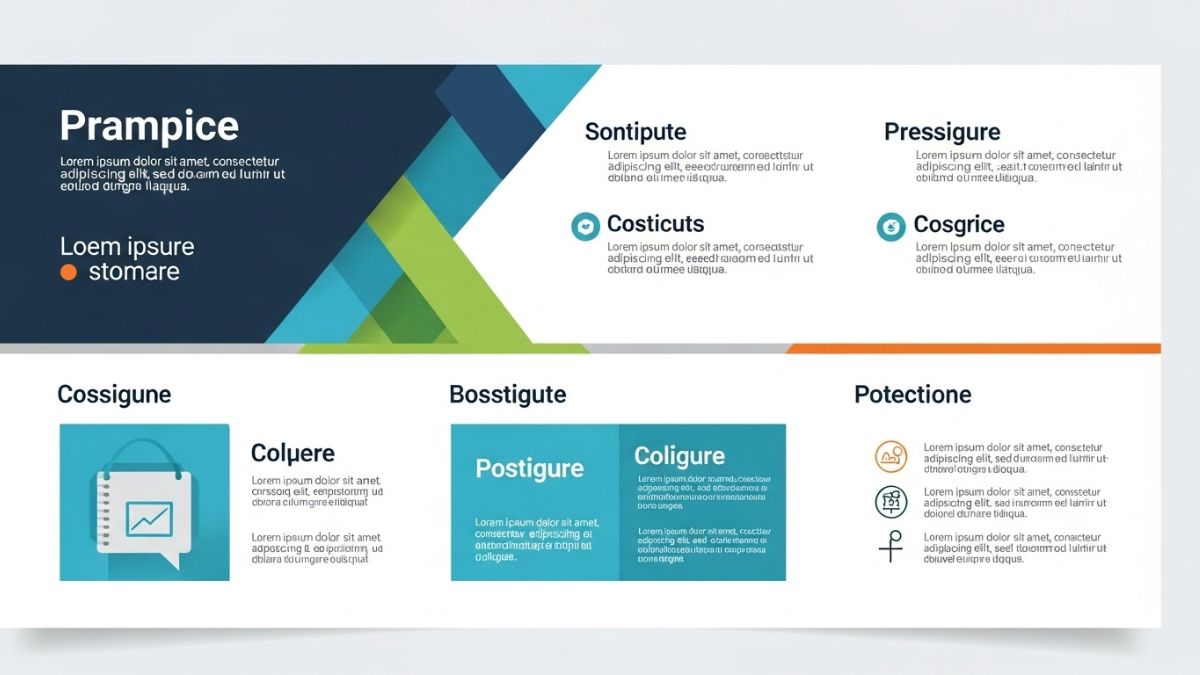The Drive Social Media lawsuit has grabbed headlines, stirring online debates and raising eyebrows within the marketing industry. This legal battle involves claims of unethical practices, client dissatisfaction, and contract disputes, placing a major spotlight on the dynamics of digital marketing firms and their accountability.
What Is Drive Social Media?
Drive Social Media is a digital marketing agency that specializes in helping businesses scale using social media advertising, primarily on platforms like Facebook, Instagram, and YouTube. With offices in St. Louis and Nashville, it has claimed rapid growth and successful client acquisition.
Why the Lawsuit Matters
This lawsuit matters because it exposes potential weaknesses in how marketing agencies handle client expectations, contracts, and performance guarantees. It challenges the very foundation of performance-based marketing and forces industry players to re-examine their client relationships.
The Core Allegations
At the center of the lawsuit are accusations from several former clients who claim Drive Social Media overpromised and underdelivered. Clients allege misleading marketing tactics, lack of transparency in billing, and aggressive sales strategies that led to financial losses rather than business growth.
Misleading Performance Promises
One of the biggest claims is that Drive allegedly guaranteed returns or a high ROI through social media advertising without delivering those results. For small businesses investing thousands, unmet promises can translate into severe setbacks, especially when results fail to match the agency’s pitch.
Client Contracts Under Scrutiny
Many of the complaints revolve around contractual obligations. Businesses claim they were locked into rigid contracts with limited exit options, making it hard to stop services even when campaigns didn’t perform. These so-called “performance-based” contracts often included fine print that benefited the agency more than the client.
Aggressive Sales Tactics
Former clients also highlighted high-pressure sales techniques. Some felt pushed into long-term contracts after flashy presentations and promises of business growth. When real-world outcomes fell short, clients found themselves trapped in binding legal agreements.
Drive’s Response to the Allegations
Drive Social Media has publicly defended its practices, maintaining that it has helped numerous clients grow and that individual results vary. The company insists that the lawsuit is based on misunderstandings or client mismanagement of expectations rather than deliberate wrongdoing.
Impact on Client Trust
This case has led many businesses to reconsider how much trust they place in agencies. It raises the question—how do you measure success in marketing? And more importantly, how can businesses protect themselves from similar experiences?
Lessons for Small Business Owners
For small business owners, the Drive lawsuit is a cautionary tale. It teaches the importance of reading contracts carefully, asking tough questions, and demanding transparency before entering into any digital marketing agreement. Results should be measured through agreed-upon metrics—not vague claims.
Legal and Ethical Implications
The legal implications of this case could influence how marketing contracts are written going forward. If Drive is found guilty of deceptive practices, it may lead to stricter regulations around agency-client relationships, and perhaps even government intervention in digital marketing standards.
How the Marketing Industry Is Reacting
The digital marketing world is watching closely. Competing agencies are using this moment to highlight their own transparency and performance models, while marketing thought leaders are calling for clearer guidelines to ensure ethical conduct across the board.
The Role of Social Media in Reputation Management
Ironically, Drive’s greatest strength—social media—is now also its battleground. Clients, ex-employees, and observers have taken to platforms like Reddit, LinkedIn, and YouTube to voice their opinions, making the lawsuit even more public. Online reviews and viral posts are shaping perceptions faster than any court ruling.
The Power of Online Reviews
Negative Google and Yelp reviews have compounded the issue, with many clients sharing similar experiences. This digital backlash underscores the importance of consistent client satisfaction in today’s review-driven world. A few bad experiences can destroy years of brand building.
Preventing Future Disputes in Digital Marketing
To prevent situations like this in the future, agencies must adopt a client-first mindset. This includes creating transparent pricing structures, avoiding overpromising, clearly defining deliverables, and offering regular performance updates. When trust is the currency of marketing, honesty is the best strategy.
What This Means for Marketing Agencies
Agencies can learn from Drive’s situation by improving their client onboarding processes, offering flexible contracts, and setting realistic expectations. Overpromising may win the sale, but underdelivering risks long-term reputation damage. The industry must shift from a sales-first model to a results-first mindset.
How Businesses Can Protect Themselves
Before signing any contract, businesses should:
Review all terms thoroughly
Consult a legal advisor
Ask for case studies and verified performance reports
Request references from previous clients
Start with short-term contracts when possible
By taking these precautions, companies can minimize the risk of legal or financial fallout.
Could This Be a Turning Point?
The Drive Social Media lawsuit may serve as a wake-up call to the industry. It highlights the need for fairness, transparency, and results-driven practices. If clients start demanding more accountability, agencies will have no choice but to adapt—or be left behind.
Conclusion
The Drive Social Media lawsuit highlights larger digital marketing issues like unmet expectations, unclear contracts, and aggressive sales, emphasizing the need for mutual respect, clear communication, and honest deliverables.
FAQs
What is Drive Social Media being sued for?
Drive is facing allegations of misleading clients, overpromising ROI, and enforcing strict contracts that left clients with poor results and no way out.
Is Drive Social Media still in business?
Yes, despite the controversy, Drive Social Media continues to operate and has defended its practices publicly.
How can businesses avoid issues with marketing agencies?
They should thoroughly vet agencies, review contracts with legal guidance, and start with short-term engagements to test performance.
Are these types of lawsuits common in digital marketing?
While not frequent, disputes between agencies and clients over performance and contract terms do happen, especially in performance-based marketing.
What’s the biggest takeaway from this lawsuit?
Transparency and clear expectations are critical. Businesses should avoid signing long-term contracts without proof of performance and clarity on deliverables.











